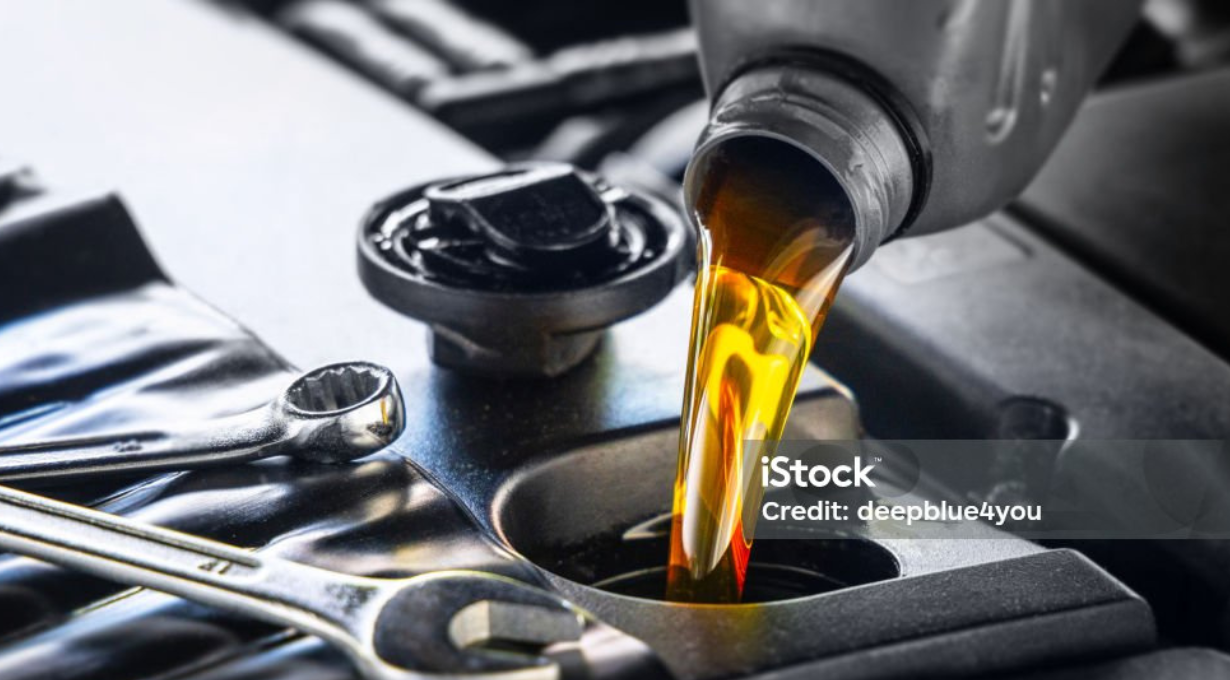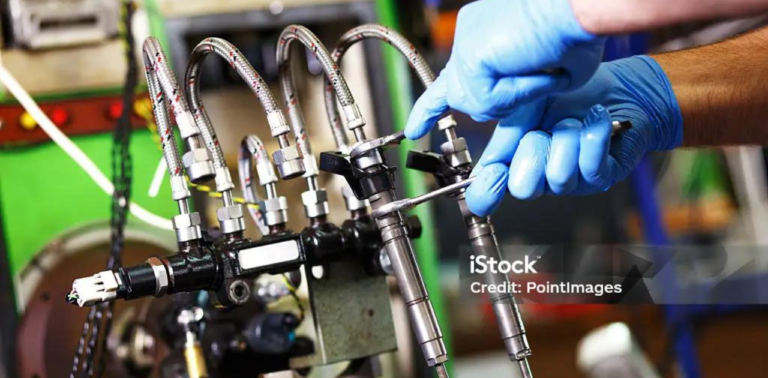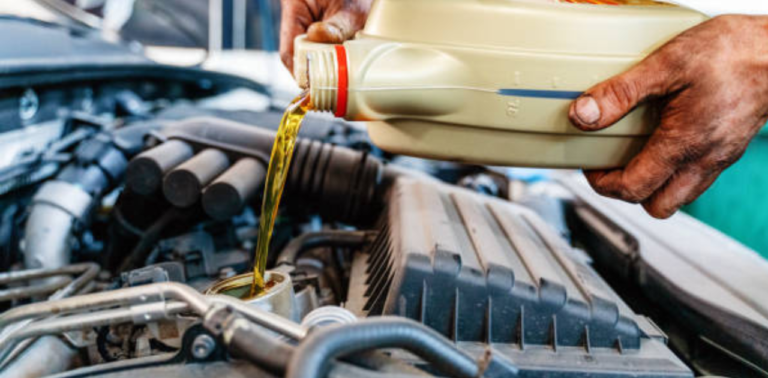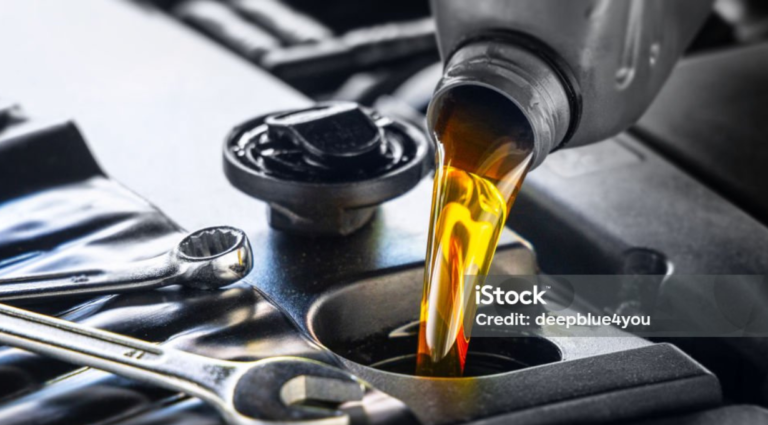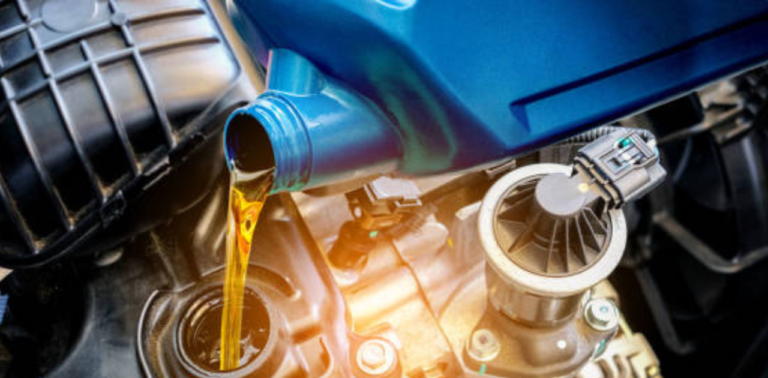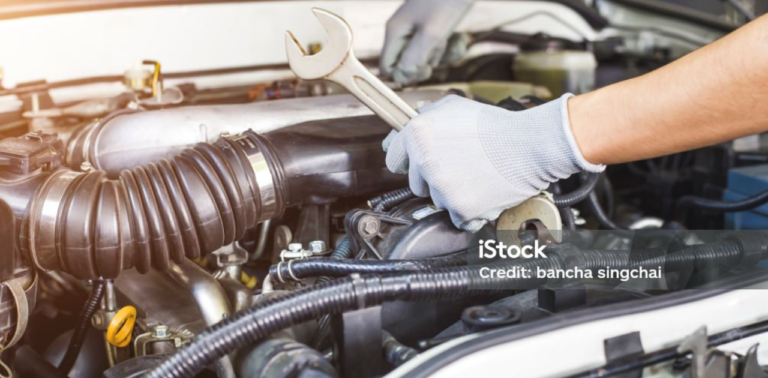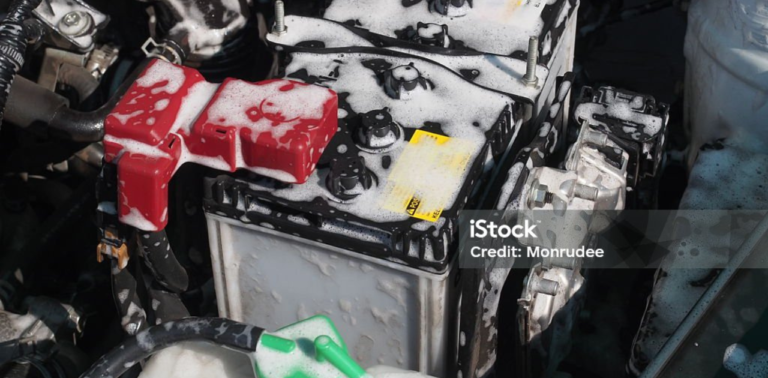What are the 10 Causes of Oil Leakage on Exhaust Manifold?
Oil spills on the exhaust manifold are a critical problem that can cause severe engine damage if not corrected immediately. If you know the most common causes, you can effectively prevent and fix these problems. In this article, we address the 10 most common causes of Oil Leakage at the tailpipe bend and provide answers to frequently asked questions about this problem.
How can oil escape from an exhaust manifold?
1. Closed valve cover gasket
The valve cover seal seals the upper part of the engine and prevents oil from leaking. Over time, this gasket can be worn down or cracked by heat and pressure, leading to oil leakage. If the valve cover seal is damaged, oil may leak onto the exhaust manifold.
2. Defective PCV valve
The positive crankcase ventilation (PCV) valve regulates the release of gases from the engine’s crankcase. A defective PCV valve can cause pressure to build up, pushing the oil out of the gaskets and into the exhaust manifold area.
3. Damaged cylinder head gasket
A damaged cylinder head gasket can cause oil to penetrate the combustion chamber and pass through the exhaust manifold. This serious problem often requires immediate treatment to avoid significant engine damage.
Why is oil leaking from my exhaust?
4. Burned Turbocharger
For turbocharger engines, a defective turbocharger can cause oil to leak into the exhaust system. The turbocharger uses oil to lubricate, and when its seals fail, oil can be pushed into the exhaust manifold and eventually out of the exhaust.
5. Closed piston rings
Piston rings seal the combustion chamber and prevent oil from entering the combustion chamber. If the piston rings are worn or damaged, oil can enter the combustion chamber and be ejected through the exhaust system, resulting in a visible oil discharge.
6. Jumped engine block
A torn engine block is a rare but serious cause of oil spill. Oil can leak and enter the exhaust system if the block has a crack. This problem often requires a complete overhaul or replacement of the engine.
Why is my exhaust manifold leaking all the time?
7. Incorrect installation
If the exhaust manifold or its gaskets are not installed properly, this may lead to persistent oil leakage. To avoid leaks, it is necessary to ensure that all components are correctly installed and tightened to the required torque.
8. Heat and Vibration
The exhaust manifold is exposed to extreme heat and vibration. Over time, these factors can damage seals and seals, leading to oil leaks. Regular inspection and maintenance can help identify these problems at an early stage.
How does the oil leakage at the intake manifold occur?
9. Defective suction manifold seal
The suction manifold seal seals the connection between the intake manifold and the engine. If this seal fails, oil can leak from the bend. This problem can also lead to poor engine performance and lower fuel efficiency.
10. Internal engine leaks
Internal leaks in the engine, e.g. on the valve guides or gaskets, can cause oil to enter the intake manifold. This can cause the oil to be burned and emitted via the exhaust during combustion.
How does oil get into the bend?
Oil can penetrate the intake manifold in various ways, often through defective seals or internal engine components. Knowledge of these pathways can help to diagnose and repair the cause of the oil leak.
Why is liquid coming out of my exhaust?
Not every liquid that comes out of the exhaust is oil. Particularly in colder climates, the exhaust system can produce condensation that drips out of the exhaust pipe. However, if the light is liquid coming out of my exhaust? quid is oily or has a characteristic odor, this may indicate one of the above problems.
oil leakage detection at the exhaust manifold
To diagnose an oil leak accurately, you must perform a thorough inspection. Here are some steps you can take:
Visual inspection: Look for visible oil leaks in the area of the valve cover, cylinder head, and exhaust manifold.
Check for smoke: Blue smoke from the exhaust clearly indicates burning oil in the combustion chamber.
Print tests: Run a compression test or leak test to detect internal leaks in the engine.
Check seals and gaskets: Inspect all seals for signs of wear, damage, or improper installation.
Prevention of oil leakage:
Oil leakage prevention includes regular maintenance and rapid response to signs of oil leakage.
Conclusion:
Oil spills on the exhaust manifold can cause severe engine damage if not corrected immediately. If you know the most common causes and take preventive measures, you can protect your engine and ensure your vehicle runs smoothly. Regular maintenance, proper installation of components, and immediate attention to any signs of problems are key to preventing oil leaks
